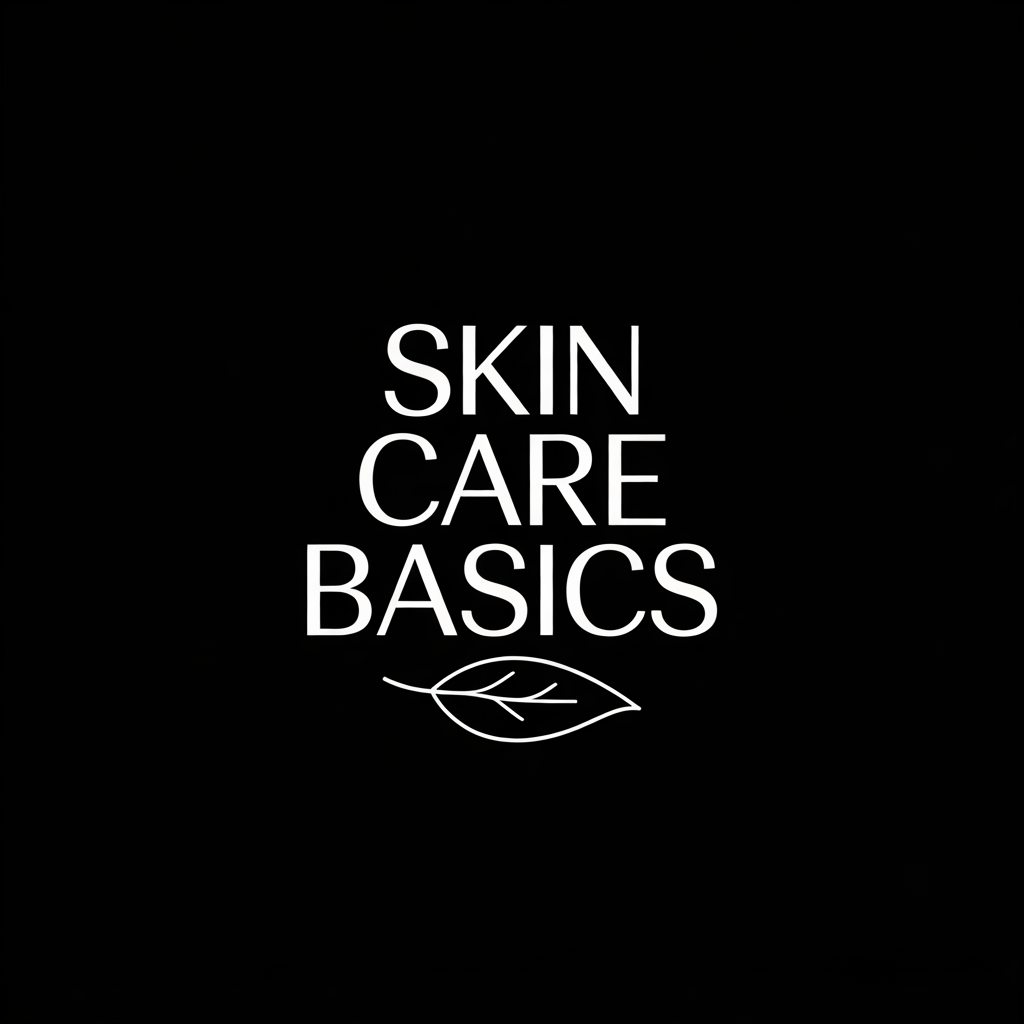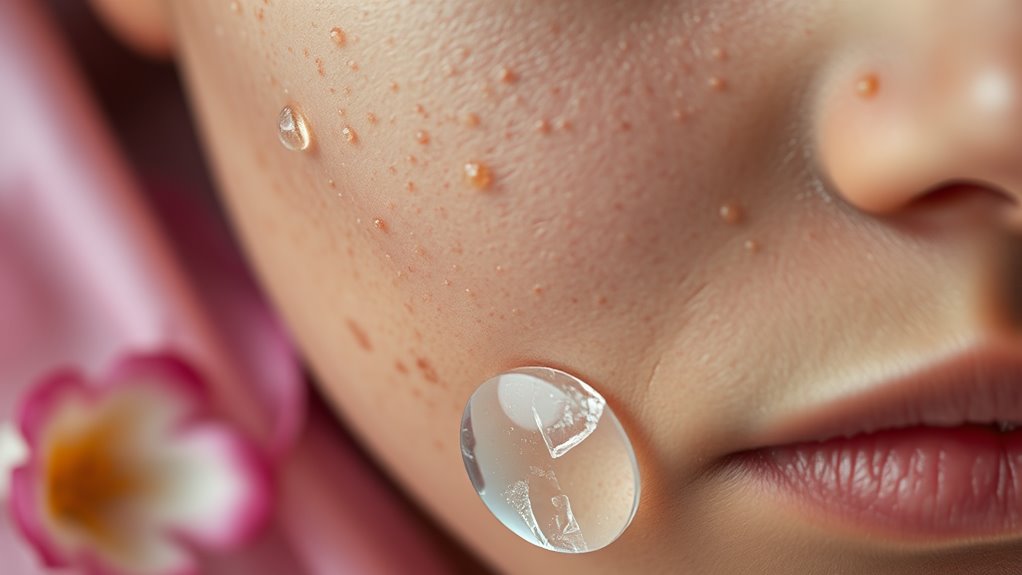What No One Tells You About ‘Hormonal’ Breakouts
Hormonal breakouts aren’t just a teen issue; they can strike anyone, regardless of age. Fluctuations in hormones like estrogen and testosterone play a significant role. Trigger foods, including refined sugars and dairy, can exacerbate skin problems, while stress and poor lifestyle choices increase breakouts. A consistent skincare routine, complete with salicylic acid and non-comedogenic products, can help manage symptoms. Understanding these factors can empower you to effectively address your acne concerns. Discover more insights on managing hormonal acne.
Understanding Hormonal Fluctuations
Hormonal fluctuations significantly impact your skin’s health, especially if you’ve noticed an uptick in breakouts during certain times of the month.
These fluctuations primarily involve estrogen and progesterone levels, which influence oil production and skin cell turnover. Elevated testosterone can also contribute to hormonal acne. Understanding these cycles can help you manage your skincare routine more effectively and mitigate the effects of hormonal acne. Additionally, recognizing your skin type guide can further enhance your approach to addressing hormonal imbalances in your skincare regimen.
Common Misconceptions About Hormonal Breakouts
Many misconceptions surround the topic of hormonal breakouts, leading to confusion and ineffective treatment approaches. You might believe that only women experience these breakouts or that they are solely linked to puberty. However, anyone can be affected, and hormonal changes can occur at any age.
| Myth | Truth |
|---|---|
| Only women suffer from them | Anyone can experience hormonal breakouts |
| They only occur during puberty | Hormonal changes affect various life stages |
| Skincare alone solves the problem | A holistic approach addresses root causes |
Trigger Foods and Their Impact
While you may be focused on skincare routines to combat breakouts, it’s crucial to recognize that your diet can significantly influence your skin’s health. Certain foods, particularly those high in refined sugars and dairy, can trigger hormonal fluctuations, exacerbating breakouts. Additionally, it’s important to note that certain foods can enhance complexion and help maintain clearer skin.
The Role of Stress and Lifestyle
As stress levels rise, your body responds by releasing hormones like cortisol, which can lead to increased oil production and subsequent breakouts. Lifestyle choices accentuate this effect. Here’s a breakdown of common stressors, their impacts, and potential lifestyle modifications:
| Stressor | Impact on Skin | Suggested Modification |
|---|---|---|
| Poor Sleep | Dull complexion | Prioritize sleep hygiene |
| Unhealthy Diet | Inflammation | Embrace balanced nutrition |
| Sedentary Lifestyle | Poor circulation | Incorporate regular exercise |
| High Caffeine Intake | Increased oil | Limit caffeine consumption |
Managing stress effectively can also help mitigate the significant connection between skin issues and stress-related hormones.
Effective Skincare Routines for Hormonal Acne
To effectively combat hormonal acne, establishing a consistent skincare routine is essential for regulating oil production and enhancing skin health.
Begin with a gentle cleanser containing salicylic acid to unclog pores. Follow up with a lightweight, non-comedogenic moisturizer to maintain hydration.
Incorporate a targeted treatment with benzoyl peroxide or retinoids to reduce inflammation and promote cell turnover, balancing your skin’s overall condition. Additionally, consider using key products that are specifically designed to address oily skin concerns and optimize your skincare regimen.
When to Seek Professional Help
When should you consider seeking professional help for hormonal breakouts? Here are three key indicators:
-
Persistent Acne: If your breakouts last more than two weeks despite using over-the-counter products.
-
Severe Inflammation: If redness or swelling is excessive and painful.
-
Scarring: If you notice scarring or hyperpigmentation developing from your breakouts.
Consulting a dermatologist can provide effective treatment options tailored to your needs.

